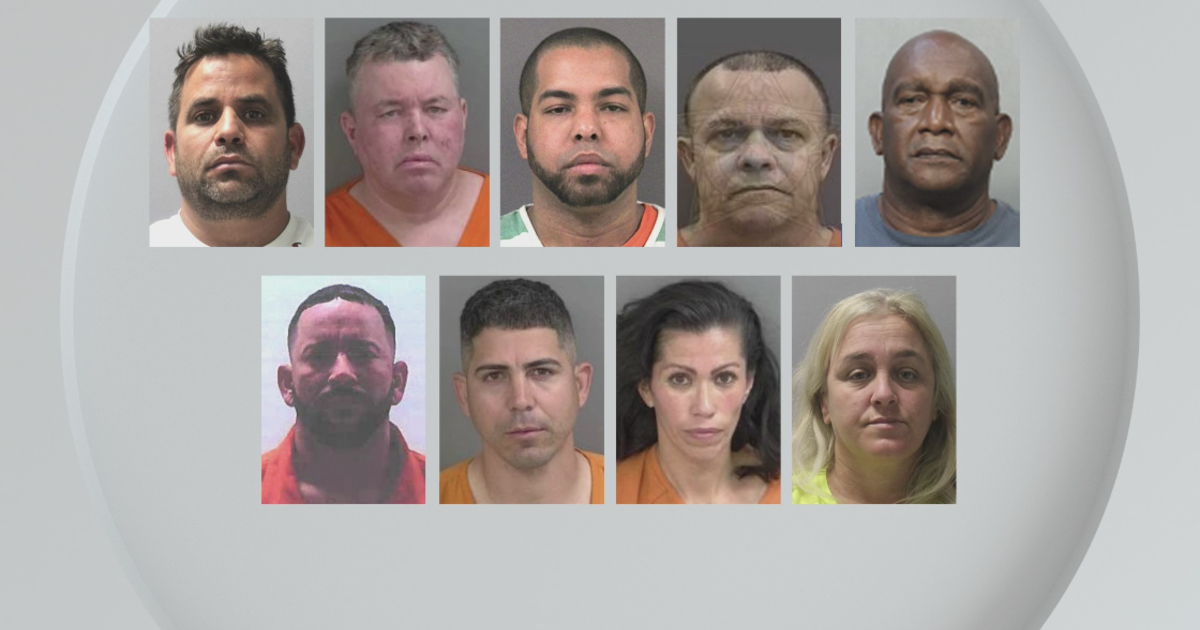Colorado Schools To Track Marijuana Offenses By Students
DENVER (AP) — Colorado schools will begin compiling data on students who get busted for using or distributing marijuana.
The effort is aimed at gauging the impacts of the drug's legalization in the state.
The new reporting requirement is an addition to a 2012 law directing law enforcement and district attorneys to collect data on how students are punished and whether they're being referred to police for minor offenses.
RELATED STORIES: Marijuana Legalization Story Archive
Schools have been tracking all drug offenses involving students, but marijuana violations have not been separated on their own. Lawmakers want definitive data now that recreational marijuana pot shops have been in business for almost 18 months.
Gov. John Hickenlooper signed the bill last week.
Washington state, which also has recreational marijuana sales, began tracking student suspensions and expulsions for pot use during the 2013-14 school year. That year, 4,116 students were suspended for marijuana and another 265 were expelled, according to state data. Numbers for the latest school year are not available yet.
When Colorado lawmakers passed the new marijuana reporting requirements for schools, they also revised the state's 2012 law to track police involvement in student discipline, such as citations and arrests. That law was designed to spot demographic trends on student punishment, and whether school officials were referring youths to law enforcement instead of handling a matter themselves.
But compliance with that law has been spotty. When this year's bill was drafted, only 74 out of 246 law enforcement agencies in the state sent data to the Colorado Department of Public Safety, along with just six of the 22 Colorado district attorneys.
Every district attorney has now submitted data on students who have been prosecuted for offenses at schools, but law enforcement agencies struggle to comply. They say organizing and analyzing data to send the state is time consuming and challenging for smaller departments with little staff.
"Law enforcement agencies are actually law enforcement agencies. We're not statistical arms of the government," said Chris Johnson, the executive director of the County Sheriffs of Colorado.
To try to increase compliance and ease the burden on departments, lawmakers are paying for a state staffer to analyze and organize what agencies submit and make sure that the data is sent in a consistent format across the state.
The first report on student discipline is due Aug. 1 and will be retroactive for the 2013-14 and 2014-15 school years. The reports will be done annually thereafter, and they'll be posted online beginning in April.
In addition to marijuana offenses, Colorado schools will also organize data on cases of "sexual violence," which is broadly defined in the legislation as a physical act committed against someone's will. In some instances, that could mean inappropriate touching that leads to a suspension or something far more serious that leads to prosecution.
Schools are currently listing some sex offenses in an "other" category, making it difficult to spot worrisome trends, lawmakers say.
By Ivan Moreno, AP Writer
(© Copyright 2015 The Associated Press. All Rights Reserved. This material may not be published, broadcast, rewritten or redistributed.)



